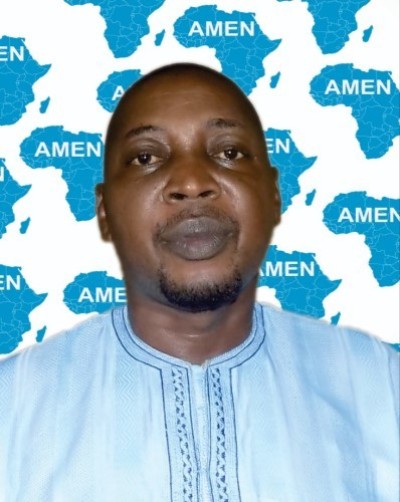Errors in what we call missionary work in Nigeria

Many clergy members' cars have "missionary" stickers on them, church buses have the inscription "missionary," and churches have missions department and missions team. But these mission buses are used to transport worshippers from one metropolitan area to another in the same city. And many pastors with missionary stickers on their cars have not embarked on any missionary journey, while missions departments plant churches in metropolitan areas of Abuja, Lagos, and Port Harcourt in Nigeria.
We love to bear the name missionary but we do not want to take the risk that missionaries take. Or is it that we do not know what Christian mission is? Christian mission is an organized effort to spread Christianity to new converts. Missions involve sending individuals and groups, called missionaries, across culture and geographical boundaries to carry on evangelism or other activities, such as educational or hospital work.
From this definition, the scenarios that I described above are not missionary activities. These actions are deceptive and do not allow Christians to understand the full meaning of missions and be adequately involved in it.
Some confuse evangelism with missions, and some churches train missionaries who go to the street where the churches are located to bring members, including other Christians to their churches. This is an error! Evangelism is the act of preaching the Gospel; it is derived from the Greek word "evangelion". Target persons could be friends, neighbors or family members and the target area can be anywhere.
Mission is derived from the Latin word "missio," which means to send out like a missile. Target persons are those who do not have access to the Gospel and the target area is where there is no church. Usually it involves crossing culture and geographical areas. A clear understanding of these will help us to know what we are doing and how we are supposed to do it.
There is another error that I identified in the mission fields in Northern Nigeria. The error that I identified is that the churches planted in major cities in northern Nigeria are attended by southern Christians who are in the north for business, school, career and other livelihood activities. I held a conference in one of the capital cities in Northern Nigeria and I asked the pastors present at the meeting to tell me how many of their members are indigenes of the town, and nobody was able to mention even a name. This is an error!
When planning for mission, we need to identify our target groups and develop organized missiological strategies to reach out to them. What would happen, for instance, if the southerners are told to go back to their states of origin? What it means is that many of our churches in the North will be locked down until they return. This is not mission but an error!
Many churches are collecting mission offerings and supports from their members only to use the resources to plant churches in cities and towns where there is already a saturation of churches. Missionaries in these cases go to woo other Christians to leave their churches and join theirs. This is an error, not missions! How many of our churches have Fulani indigenous branch? How many of our churches have churches planted among the unreached people's groups?
If we are not ready to do missions, we should stop deceiving others. Instead of relying on deceptive programs, people should have the opportunity to genuinely seek help from those that are really into missions.
As a matter of urgency, we should go back to the book of Acts and carry out a comparative analysis of the activities of the early church with that of our churches to ascertain the level of compliance and deviation. I know that we have deviated and the level of deviation is outrageous but we can make a 360 degree turn and hold a mission/vision re-definition ceremony where we will apologize to God for the errors, apologize to our congregants for the deception and re-define the vision/mission to suit the purpose of God for His church.
The church of God has only one purpose – to spread the Gospel of the kingdom starting in her place of domicile, then move to all surrounding environments and finally to the uttermost part of the earth (Acts1:8).
Oscar Amaechina is the president of Afri-Mission and Evangelism Network, Abuja, Nigeria. His calling is to take the gospel to where no one has neither preached nor heard about Jesus. He is the author of the book Mystery Of The Cross Revealed.




























